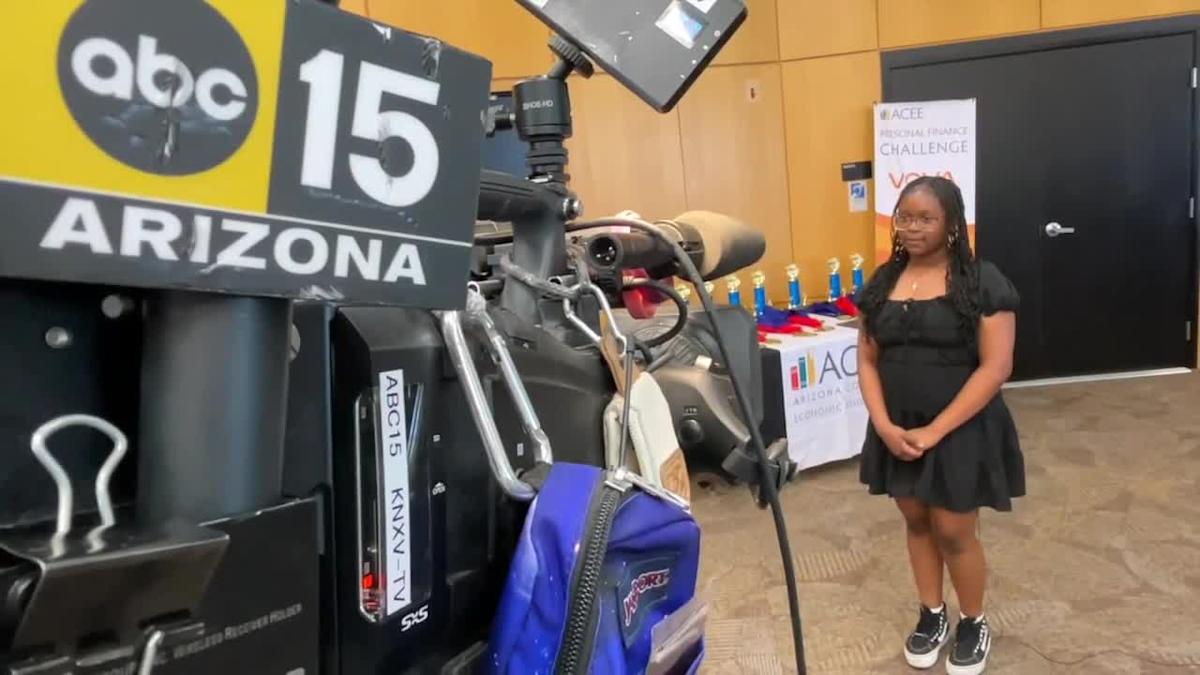Young Financial Wizards: High School Students Dazzle at State Economics Showdown

Who says teenagers only care about social media and video games? A remarkable group of young economic prodigies shattered that stereotype on Friday, demonstrating sophisticated financial acumen that would impress many adults. Nearly 2,000 students converged in Mesa for the State Finals of the Economics Challenge and Personal Finance Challenge, transforming the event into a powerhouse of youthful intellectual energy.
These aren't just ordinary students—they're future financial leaders and economic strategists. With impressive depth of knowledge about complex topics like tariffs and market dynamics, these high school and junior high students showcased their ability to make sophisticated real-world financial decisions. Their participation isn't just about competition; it's about investing in Arizona's economic future and developing critical thinking skills that will serve them—and potentially our entire community—for years to come.
The event highlighted how today's youth are far more financially savvy and globally aware than previous generations, proving that economic literacy can start well before adulthood. These young minds are not just learning; they're preparing to become the innovative economic thinkers and leaders of tomorrow.
